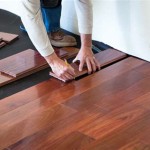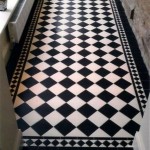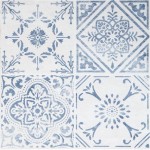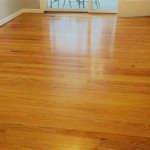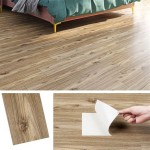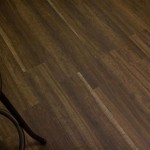Engineered Wood Flooring For Basement
Engineered wood flooring is a popular choice for basements because it is durable, easy to install, and can be made to look like a variety of different wood species. It is constructed with a top layer of real wood veneer that is glued to a core of plywood or other composite materials.
There are many benefits to using engineered wood flooring in a basement. It is more stable than solid wood flooring, so it is less likely to buckle, warp, or cup in the event of moisture or temperature changes. It is also more resistant to scratches and dents than solid wood flooring, making it a more durable option for areas with heavy traffic. Engineered wood flooring is also easier to install than solid wood flooring, as it can be glued, nailed, or stapled down. This makes it a good option for do-it-yourself projects.
When choosing engineered wood flooring for a basement, it is important to select a product that is specifically designed for below-grade applications. This type of flooring will be more resistant to moisture and mold than traditional engineered wood flooring.
Here are some additional tips for choosing and installing engineered wood flooring in a basement:
- Choose a product that is specifically designed for below-grade applications.
- Make sure the subfloor is dry and level before installing the flooring.
- Use a moisture barrier between the subfloor and the flooring.
- Install the flooring according to the manufacturer's instructions.
With proper care, engineered wood flooring can last for many years in a basement. It is a beautiful, durable, and easy-to-maintain flooring option that can add value to your home.
Additional Considerations
In addition to the above, there are a few other factors to consider when choosing engineered wood flooring for a basement.
Moisture: Basements are known for being damp, so it is important to choose a flooring material that is moisture-resistant. Engineered wood flooring is a good choice in this regard, as it is more resistant to moisture than solid wood flooring.
Temperature: Basements can also be cold, which can affect the stability of wood flooring. Engineered wood flooring is more stable than solid wood flooring, making it a good choice for basements that are prone to temperature fluctuations.
Traffic: Basements are often used as storage areas, so it is important to choose a flooring material that is durable enough to withstand heavy traffic. Engineered wood flooring is a good choice in this regard, as it is more durable than solid wood flooring.
By considering the factors above, you can choose an engineered wood flooring product that is right for your basement.

The Best Wood Flooring For Basements Carlisle Wide Plank Floors

Using Engineered Wood Flooring In Basements Mansion Hill Custom Floors

The Best Wood Flooring For Basements Carlisle Wide Plank Floors

4 Of The Best Options For Basement Flooring In Your Home Reallycheapfloors America S Cheapest Hardwood

What Kind Of Flooring Should I Use To Finish My Basement Ozburn Hessey

Wood Flooring In The Basement Hgtv

What Is The Best Flooring For Basements Get Pros And Cons

The Best Flooring Options For Your Basement From Forest Llc

The Best Wood Flooring For Basements Carlisle Wide Plank Floors

What Is The Best Flooring To Put On A Concrete Basement Floor

